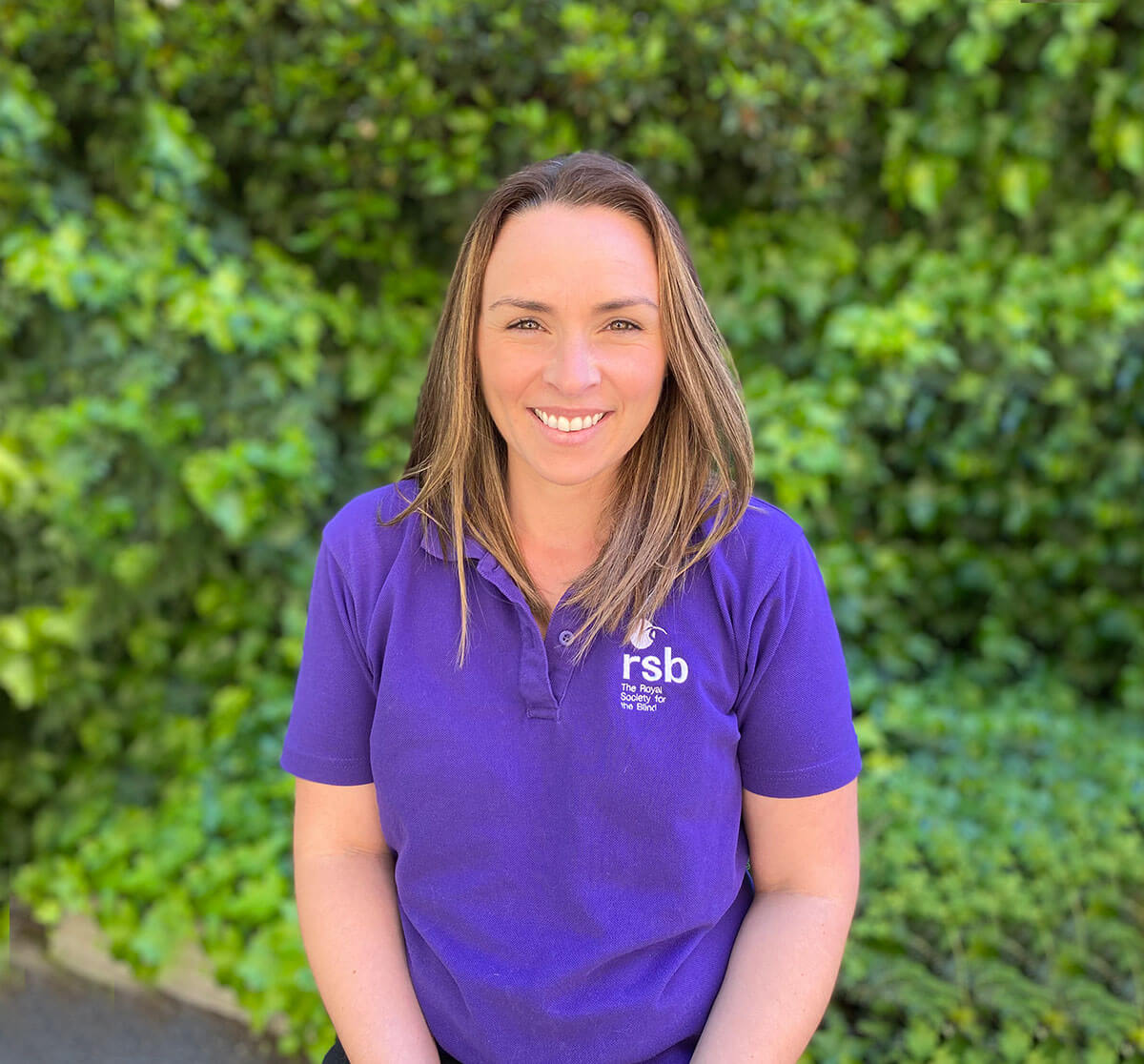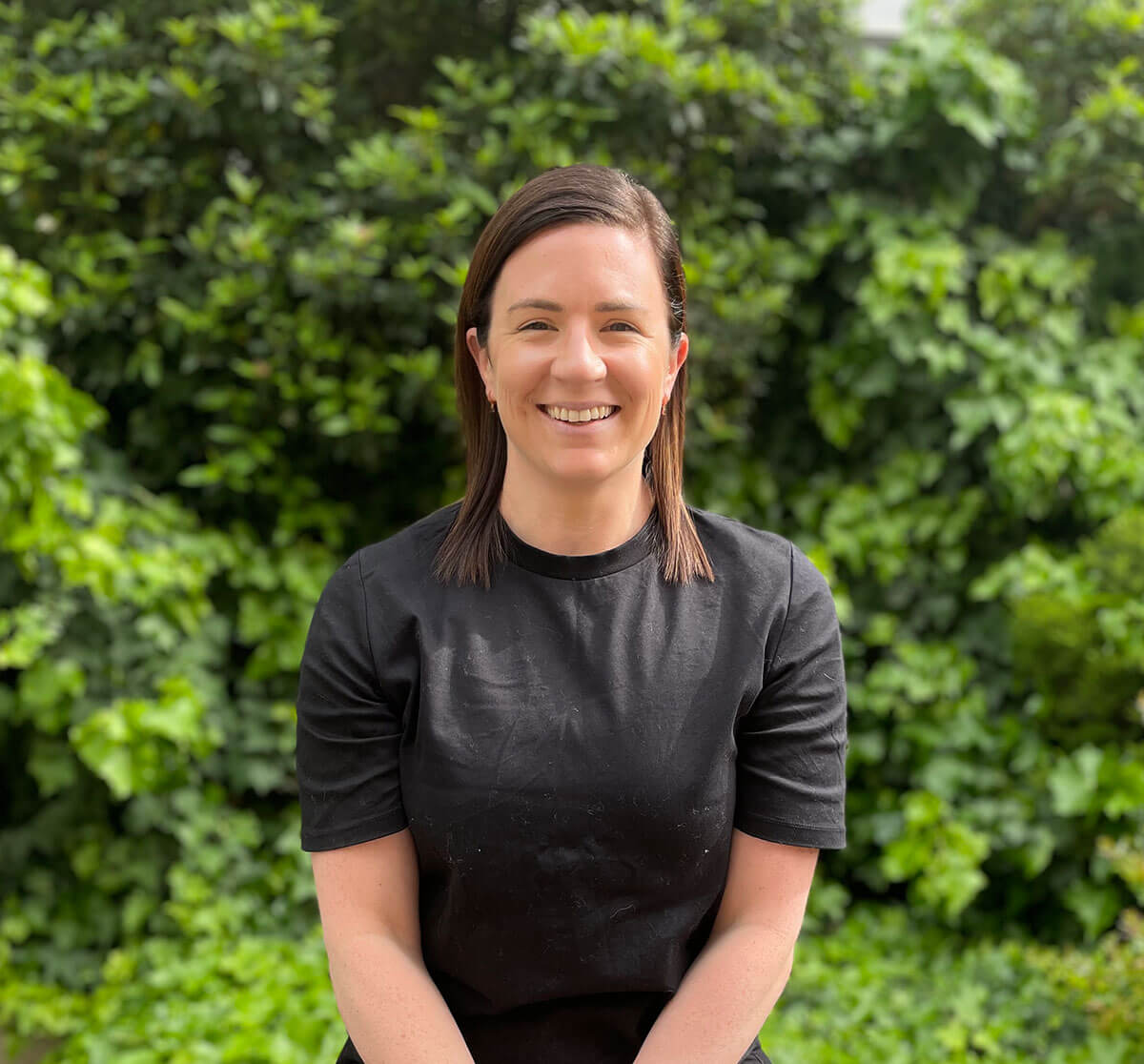
Macular Degeneration (MD) is damage or breakdown of the macula. The macula is the part of the retina which allows us to see clearly and appreciate colour. It is the small spot (approximately 3mm) near the middle of the retina, which is responsible for the central part of what we see. The retina is at the back of the eye. It is made up of cells which are sensitive to light.
How does it affect sight?
In the early stages of MD, central vision is blurred and seeing at a distance or close work is difficult. The eye may still have good side vision, but blank spots appear in the centre. This makes reading, sewing or seeing faces difficult.
Other symptoms include: dimming of colour vision, difficulty in judging heights and distances, and some difficulty with tasks such as pouring tea. Sometimes only one eye loses vision, while the other eye may see well for years.
MD does not lead to total blindness. People with MD mostly retain good side vision. This means they can cope well with most daily tasks. The latest magnification devices can be very useful.
Who is susceptible?
Having a family history is associated with a 50% increased chance of developing AMD. The condition occurs most commonly in older people.
Diagnosis and treatment
An ophthalmologist can detect MD in its early stages. Special magnifying glasses, daily living aids such as needle threaders, large print books, proper lighting or a combination of these can help the person with MD to be independent and lead a normal life.
Laser treatment can be useful if the condition is detected early.
Who can help?
The first step is to see an eye specialist without delay. Should the specialist feel that you can be assisted by See Differently, they will refer you. See Differently helps you to make the most of your remaining sight. Service and products include:
- low vision assessment;
- magnification aids;
- information;
- counselling;
- equipment and games (eg. talking clocks and large print playing cards).














